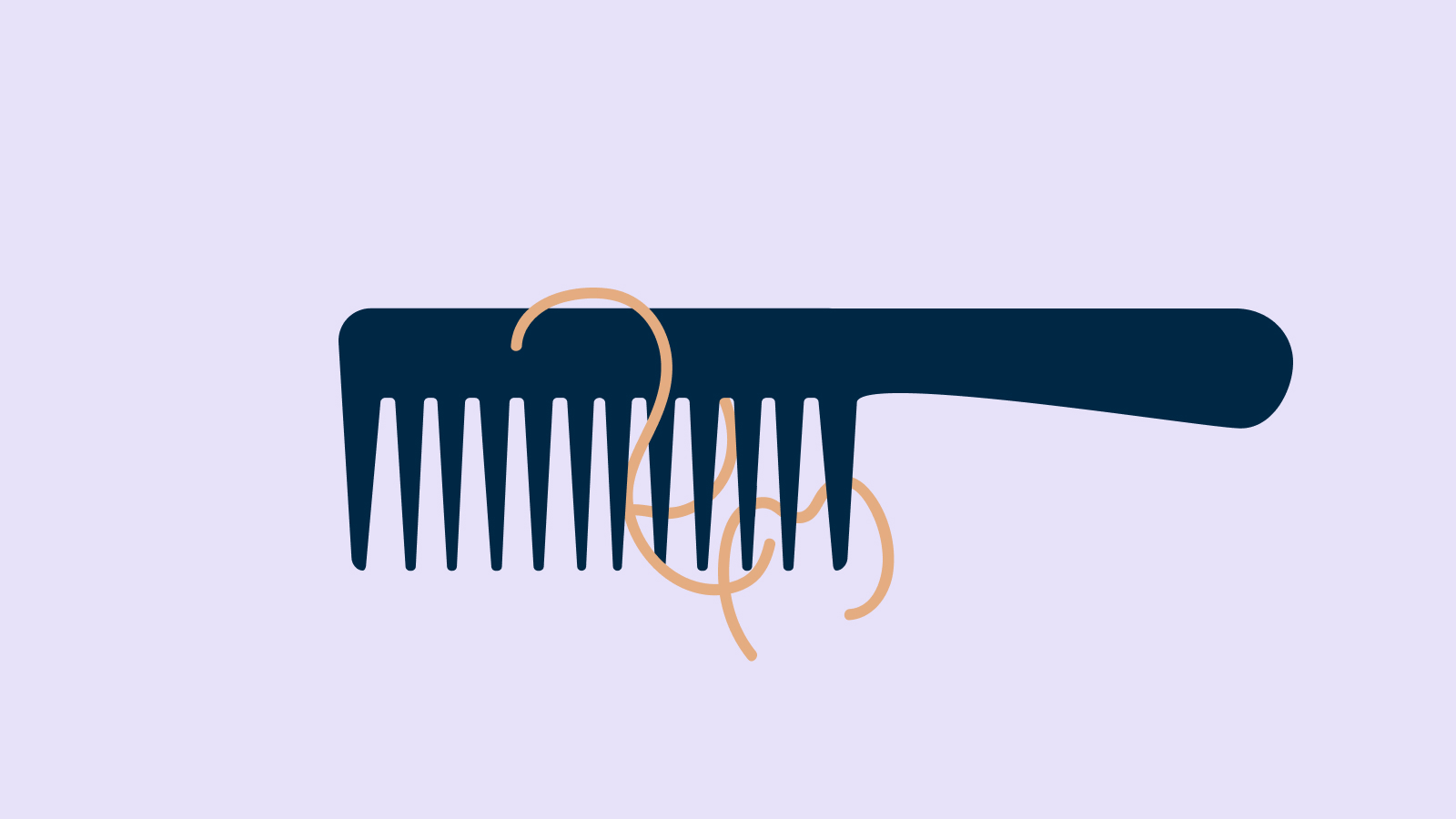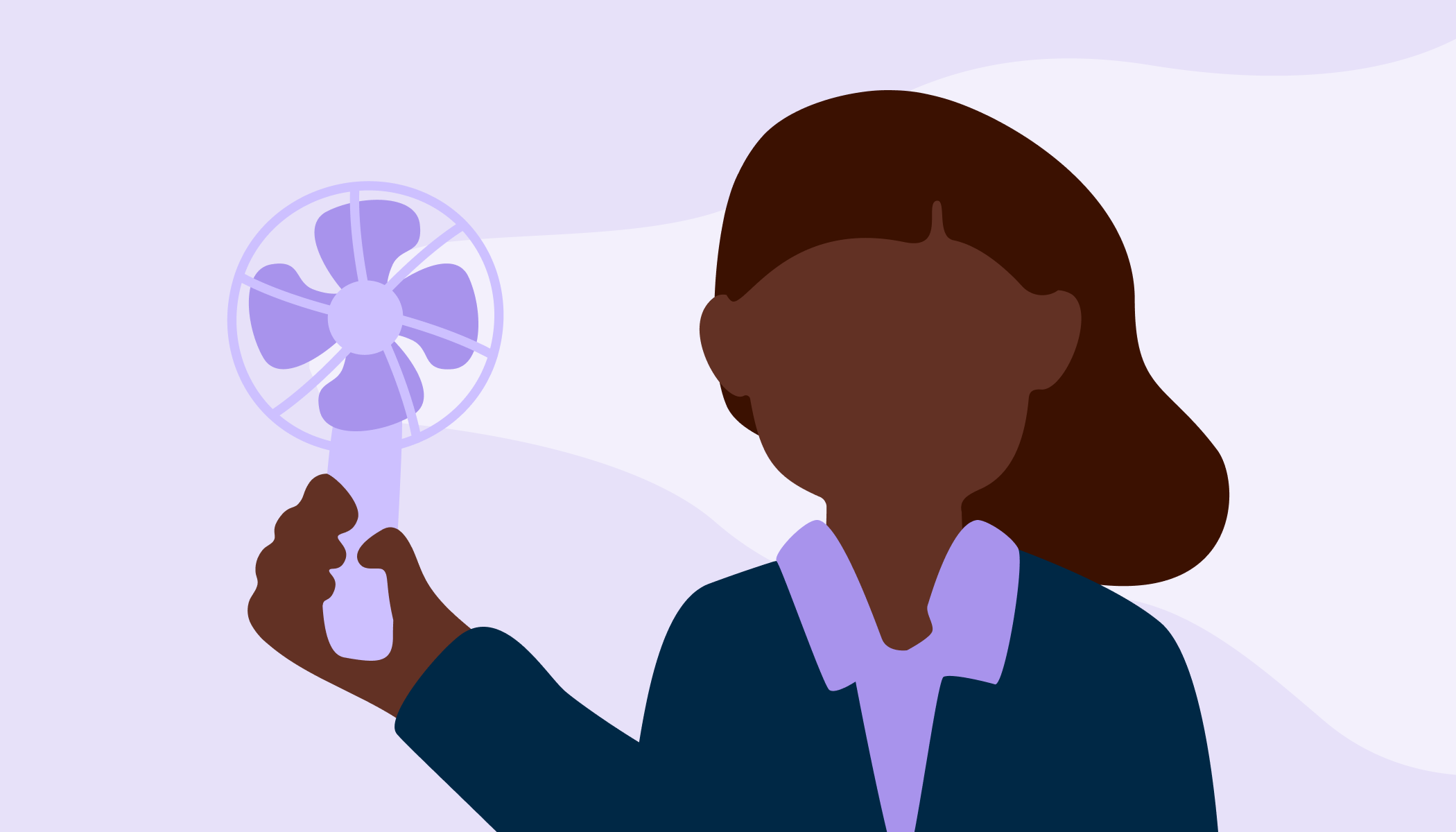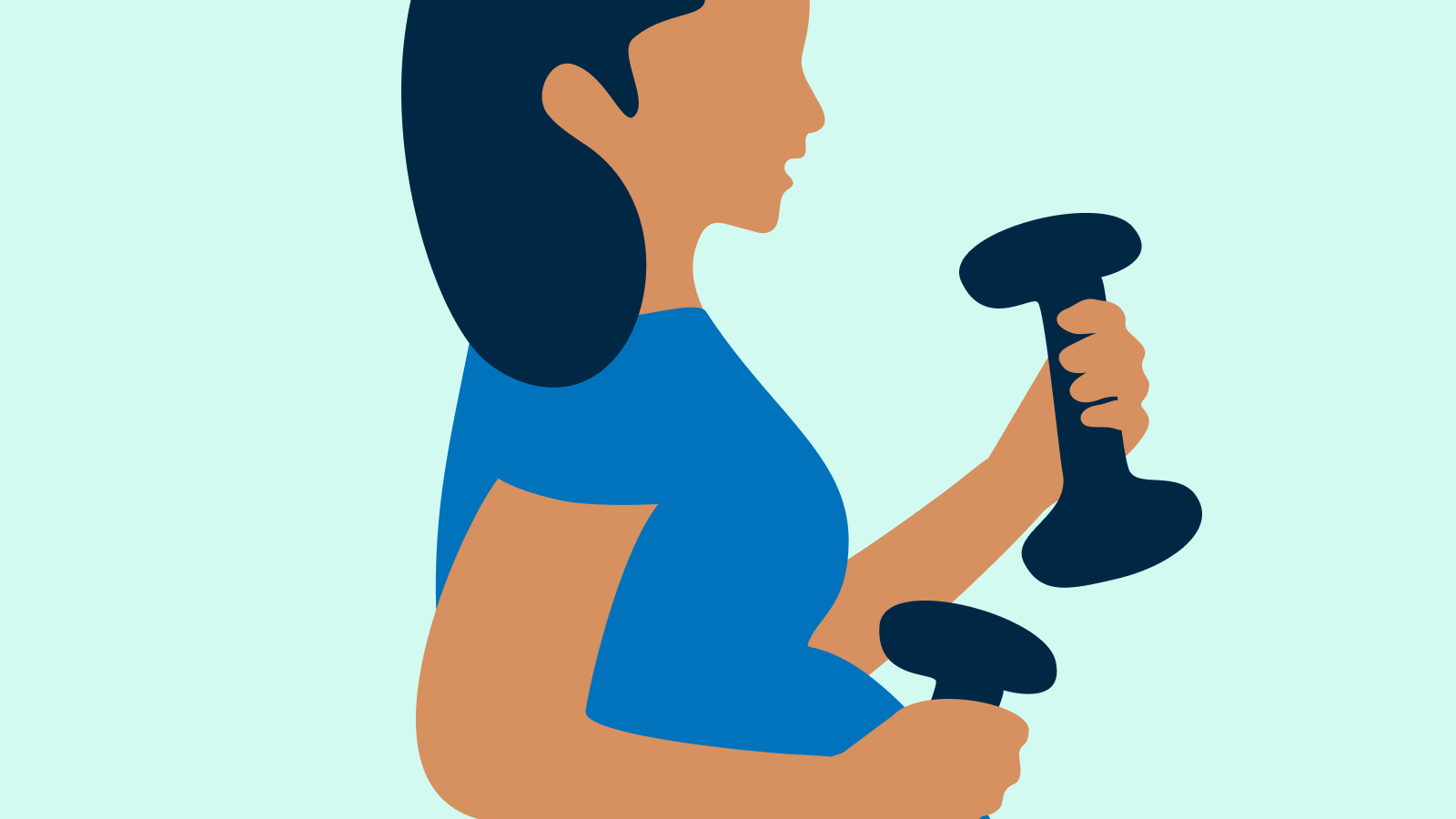There are many different causes of hair loss in women, and your hair loss can be temporary or permanent, gradual or sudden. Though hair loss is more likely to happen as you age, it can happen earlier on too.
If you’re experiencing hair loss, try not to panic. It’s helpful to determine the type of hair loss you’re experiencing first – yours may be happening over time in the form of ‘thinning,’ or you may be seeing patches of baldness.
What causes female hair loss?
The most common type of hair loss in women is called female pattern baldness, known medically as alopecia. In the UK, around 40% of women aged 70 years or over experience this type of hair loss, and its main cause is thought to be hereditary.
But there are lots of other different reasons for thinning or balding hair, and so it’s a good idea to investigate the core cause in order to find the best treatment or management. The key potential causes include:
- High levels of stress
- Iron deficiency
- Medical conditions such as thyroid disorders, anaemia, psoriasis and some autoimmune diseases
- Chemotherapy
- Having a baby – it’s common for women to experience postpartum hair loss for up to 3 months after birth
- Weight loss
Why is my hair falling out?
The life cycle of hair growth happens in 3 stages. Each hair follicle on your scalp goes through this cycle and this helps us to understand how hair loss occurs biologically.
Anagen – the active growing phase where the hair becomes longer and thicker, which can last between 2-7 years
Catagen – the hair follicle then moves into a short transitional phase where the hair fibre stops growing, which lasts around 3 months
Telogen – your old hair is gradually pushed up towards the skin’s surface before it’s then shed naturally and replaced with new hair at the start of the cycle
You won’t be aware of this cycle happening, as each hair follicle is at a different stage, at different times. But the cycle will continue throughout our lifetime until there’s an imbalance or sensitivity to changing hormones.
Apart from age or a genetic predisposition, most causes for losing your hair are known as reactive hair loss.
How much hair loss is normal?
It's completely normal for women and men to lose varying amounts of hair each day and you’ll notice an increase as you get older. On average, we lose between 50 and 100 hairs a day. This is called hair shedding and it’s part of the normal hair cycle. Usually we don’t notice this amount of hair loss and it’s nothing to worry about.
What’s the difference between female and male hair loss?
For women, hair loss or hair thinning usually happens when the growing phase slows down. It then takes longer for new hair to begin growing. As hair follicles shrink, the hair that does grow back becomes finer, and this can lead to weaker hair that easily breaks.
Women with alopecia also tend to shed more hairs each day than the average person, and the pattern of baldness often starts at your parting line, or in patches across your head. Women are less likely than men to lose all of their hair.
In men, hair loss usually starts at the front of the head and gradually recedes to the back. Lots of men with male pattern baldness will experience complete hair loss and become bald.
Who’s more likely to lose their hair?
Hair loss is more common than you might realise. Research shows that fewer than 45% of women go through life with a full head of hair – so most will experience hair loss or reduced hair volume at some point. The good news is that there are treatment and management options.
As well as hereditary and genetic causes, age and hormones play a part too. Hair loss in women is more common after menopause, when levels of oestrogen and progesterone reduce. These hormones help hair grow and stay healthy for longer periods of time.
A decrease in these hormones can also trigger an increase in the production of male hormones (androgens). Androgens can cause hair follicles to shrink and lead to greater hair loss or cause hair to grow on the face. This is why some women – during or after menopause – develop small sprouts of hair on the chin.
Can I prevent hair loss?
Though it’s tough to hear, hair loss in women and men can’t usually be prevented. But there are lots of lifestyle choices you can make to keep your hair healthy and protect it from breakage.
- Eat iron-rich foods – as part of a balanced diet, make sure you get enough iron from foods like green leafy vegetables, beans, and fortified cereals.
- Be kind to your hair – avoid treatments that can damage your hair like bleach, perms or straightening products. If you do sometimes use them, add a strengthening product or heat protective spray to your routine.
- Check your medication – speak to a healthcare professional to see if any of the medications you take contribute to hair loss and whether you can switch.
- Make healthier choices – limit or quit smoking as this can damage hair follicles and speed up hair loss.
- Stay out of the sun – too much sun exposure can also damage your hair, so it’s always best to wear a hat or seek out the shade when you’re outdoors.
What’s the best hair loss treatment?
Most hair loss in women doesn’t need treatment and is either temporary (your hair will grow back) or it’s a natural part of getting older.
Hair loss caused by a medical condition or high levels of stress usually stops and grows back once you’ve recovered.
If you’re worried about hair loss or female pattern baldness, there are treatments available and it’s best to discuss this with a doctor.
There are other things you can try if your hair loss is causing you distress, such as:
- Synthetic wigs
- Real-hair wigs
- Steroid injections and creams
- Immunotherapy
- Light treatment
- Tattooing
- Hair transplant
Like the treatments mentioned above, some of these options won’t be suitable for everyone or available on the NHS.
Your hair is an important part of your identity. As losing your hair can be upsetting for women and men, it can be helpful to get some emotional support too. Talking therapy may be helpful.
How to cope with hair loss
It’s really important to talk about the psychological impact of losing your hair. If you’ve experienced hair loss, even temporarily, there are many things you can do to help you cope and feel more confident. Here are 5 self-help tips:
1. Join a support group
You can find online forums and local groups where you can meet and socialise with other people with alopecia.
2. Practice self-love
Making a list of all your good qualities and focusing on this positive energy can help you come to terms with hair loss.
3. Talk openly and honestly
Let your friends, family and loved ones know how you feel, and what kind of support you need. Talking therapy or counselling can help too.
4. Cover up creatively
There are plenty of creative ways to help you feel more confident and conceal baldness (if you want to), with wigs, hair extensions, scarves and make up.
5. Be aware of marketing
It’s easy to be tempted by online products and supplements, but there are no miracle cures. A doctor can advise whether dietary supplements are necessary.
When should I speak to a doctor about hair loss?
If your hair loss is affecting your wellbeing, speak to a healthcare professional about the support and treatment available.
It’s also a good idea to speak to a doctor if you have new symptoms of hair loss, like if you’re:
- Developing bald patches
- Losing hair in clumps
- Experiencing itches and burns
This article has been medically reviewed by Livi GP Dr Roshaan Saloojee.


